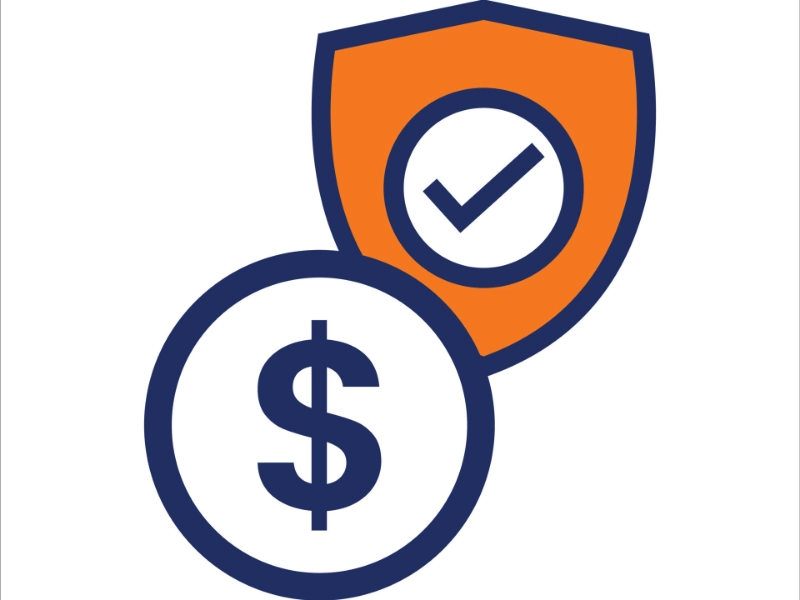These taxes are paid by employers, enabling laid-off workers to collect temporary unemployment benefits to sustain their families during economic downturns. How is the operation of this system?
Qualifications

A safety net provided by the government for workers who lose their jobs due to circumstances beyond their control is known as unemployment insurance (UI). In order to be eligible, you have to have made enough money over a predetermined amount of time, known as the base period. Up until you land new employment, your prior income is partially replaced by weekly UI payments. You must submit a weekly or biweekly claim and answer inquiries about your eligibility in order to get paid on a weekly basis. Furthermore, you have to actively seek employment every week and be ready and eager to work for pay.
There is a waiting period of one week during which claims cannot be paid. To keep your benefits, you must continue to submit on a weekly basis and meet a number of financial and non-financial qualifying requirements. UI benefits are typically awarded for a maximum of 26 weeks of unemployed time. The federal government may decide to prolong the benefits programme for an extra 26 weeks during times of significant unemployment.
Cash

Depending on the state and the employee's compensation history, unemployment insurance pays a portion of the employee's prior earnings over a predetermined number of weeks. While each state administers its own unemployment benefits programmeme under certain parameters, the federal government contributes some financing for the programmeme.
The majority of states use an algorithm to determine weekly payments and have a minimum amount, known as the "base period," that the benefit must replace. Typically, the maximum benefit is equivalent to two-thirds of the average salary of the employee during that period.
The money granted to unemployed persons is intended to augment their income until they find new work, which is an important social component of the UI programme. Individuals who are not able to obtain new employment are required to look for work and are known as "on the dole." Originally intended to be "forward funded," the unemployment insurance system required employers to collect unemployment taxes in prosperous economic times in order to accumulate trust fund balances. These balances could then be drained during recessions in order to support the purchasing power of laid-off workers and stimulate the economy through consumer spending.
Making a Request for Payment

As soon as you fulfil the eligibility requirements, submit a new claim to your state's department of labour or revive an earlier one. After reviewing the details of your claim, your department will decide whether or not you qualify. The results of that evaluation are forwarded to both your former employer and yourself in the form of a determination.
The salaries from a "standard base period," which consists of the first four completed calendar quarters, are used to calculate your benefits in most states. In certain states, you have the option to apply for a separate "alternate base period," thereby increasing your eligibility for benefit weeks.
Your previous employer is also interviewed as part of the first determination procedure to make sure all legal requirements surrounding the cause of termination of employment have been satisfied. The state will notify you of your rights and procedures for an appeal in the event that it is determined that you do not meet all the conditions. If you are found to be ineligible or refused benefits, you have the option to file an appeal within the allotted time frame.
Conditions

The purpose of unemployment insurance is to provide benefits to those who lose their jobs due to circumstances beyond their control. Employer payroll taxes, such as state SUTA taxes and federal FUTA taxes, are used to fund the programme.
To get unemployment benefits, people have to fulfil a lot of requirements. Being able, available, and actively looking for work are a few of these. They ought to be willing to take on any suitable work that comes their way and maintain documented records of their job-seeking activity. They must also be prepared to travel a fair distance for business, if needed.
The unemployment insurance system was initially intended to be forward-funded, meaning that during times of economic expansion, governments would levy taxes on employers and accumulate money in their trust funds for unemployment insurance, ensuring that these funds would be available to support laid-off workers during recessions and slowdowns. Since then, a lot of states have switched to a pay-as-you-go system, which doesn't accumulate sufficient balances during periods of high unemployment.
Recommended Reading: Getting Around the Maze: Comprehending Co-Pays and Deductibles
























Leaves me wanting a diagram.
Lightweight, high yield.